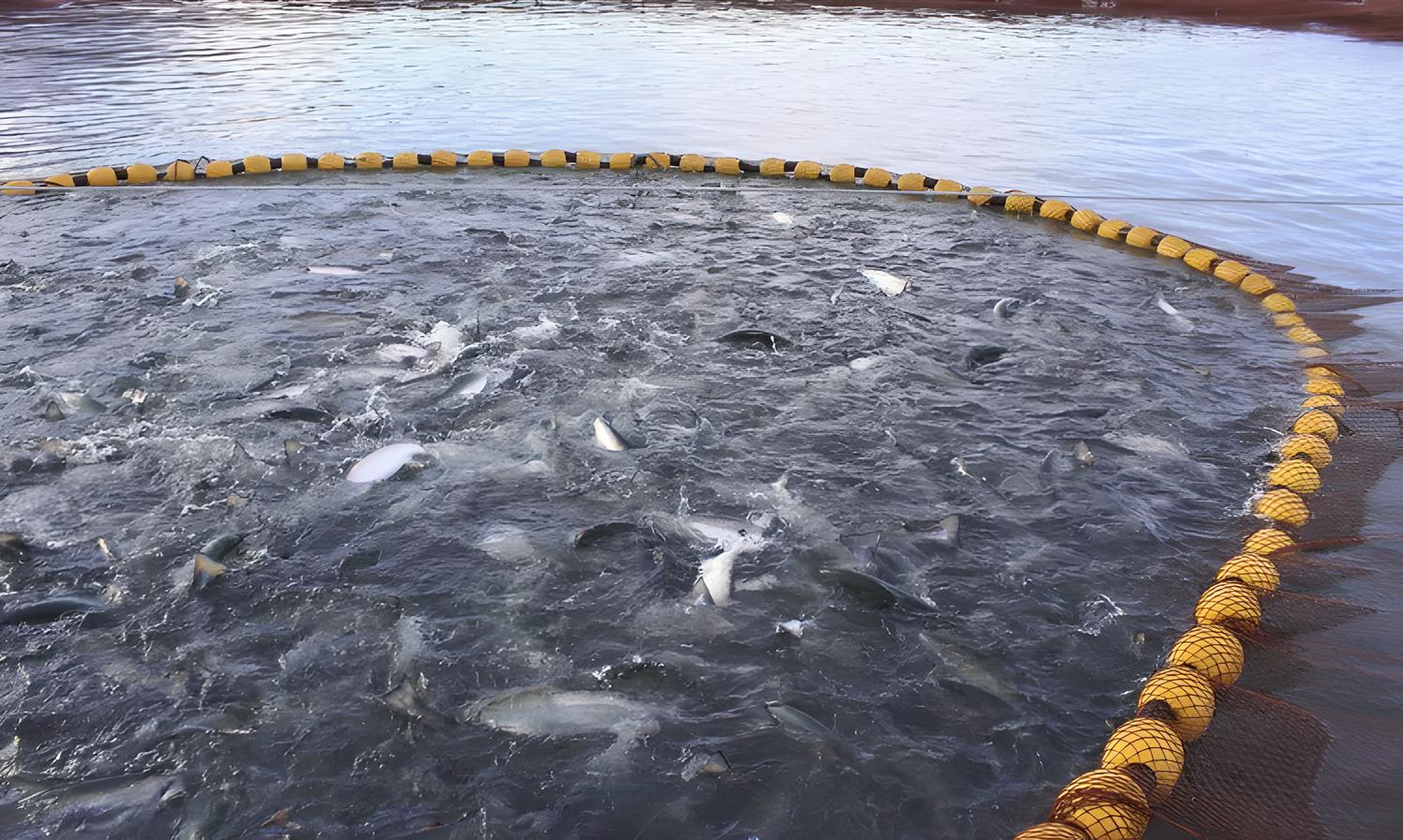By Macacha Fueguia - The Malvina Islands, whose British administration is not recognized by Argentina, are at the center of a new controversy. The colonial government established on the islands has launched a public consultation with its inhabitants to determine whether they want the installation of massive salmon farms in the surrounding waters.
This initiative, The initiative, driven by Unity Marine , has raised alarm both due to the potential environmental impact in the South Atlantic and the use of natural resources that Argentina claims as its own . This comes at a time when the United Kingdom has decided to replace the Governor and Vice Governor of the Malvina Islands. This could boost this issue, in a context where the illegitimate government of the Malvina Islands must also renegotiate fishing issues with the European Union. Let us also recall the application of tariffs imposed by the US administration of Donald Trump.
The public consultation is scheduled to take place between June 30 and August 24, 2025. The Malvina Islands Government (FIG) had initially planned to hold it between April and June, but the schedule was revised to allow more time to prepare information and documents, including details of a fact-finding visit to the Faroe Islands, a Danish archipelago where salmon are farmed. Consultation participants will be asked to select one of four options, ranging from not allowing salmon farming at all to allowing it with varying levels of limits or only through specialized methods such as organic production. Once the consultation is completed, the Malvina Islands’ governing Legislative Assembly will receive the information and make a decision , although the outcome of the public consultation is not binding .
Behind the proposal is Unity Marine, a company with Danish and island capital . Its project contemplates the introduction of the industrial-scale salmon farming in floating cages in coastal waters , aiming to produce 50,000 tonnes annually, with a potential of up to 200,000 . The company is running a vigorous social media lobbying campaign in support of the project, highlighting its economic benefits, including the creation of more than 150 full-time jobs, support for small businesses, and an injection of millions into the local economy , which it claims could boost the islands’ revenue by 25% per year.
However, the environmental risks associated with large-scale salmon farming are the main point of controversy and alarm . Catalina Cendoya, director of the Global Resistance to Salmon Farming within the NGO Por el Mar , describes a salmon farm as a " feedlot on the water ". These farms usually operate in pristine, very cold waters, such as those of the Malvina Islands , which are ideal for salmon farming. The cages are enormous , with diameters of up to 160 meters and depths of 30 to 60 meters, some the size of River Plate's Estadio Monumental. Because they are "open net", chemicals, pesticides and other waste can flow freely, affecting the entire ecosystem .
The high concentration of fish in cages promotes the spread of diseases and parasites , such as sea lice, which in natural conditions are found in a proportion of 0.1 per salmon, but on farms can reach 15 or 16 per salmon. This leads to an overuse of antiparasitics , some with chemicals that prevent the formation of shells in species such as lobsters, crabs, and spider crabs. The expert warns that "dead zones" often arise around these farms , waters saturated with excrement and waste where life cannot thrive. A precedent is mentioned in Chile, where in 2021 thousands of tons of salmon died due to lack of oxygen in fjords, an event linked to the abnormal formation of toxic algae caused by the farms.

Another crucial issue is the risk of salmon escaping from farms . Salmon are top predators , and if they escape en masse, they are introduced as an exotic species into an ecosystem to which they are not native , lacking natural predators. Containing these fish is extremely difficult , as they are "very athletic" and can swim great distances, up to 6,000 kilometers. This means that escaped salmon in the Malvinas could potentially reach the mainland , affecting the Patagonian ecosystem. Argentina already has experience with this risk : in Tierra del Fuego, salmon production was banned in 2021 due to the high environmental risk it represents, especially for emblematic species of the region such as the king crab, which drives the gastronomic and tourism industries.
The project is viewed in Argentina as an appropriation of natural resources claimed by the country . Within the islands themselves, there is also a movement opposing the initiative . The group "Malvinas Libres de Salmón" (Salmon Free Malvinas) seeks to reject the project, arguing primarily its serious environmental impact and the harm it could cause to the islands' tourism industry .
Although Unity Marine assures that "rigorous environmental controls" will be carried out, details have not been specified. The final decision has not yet been made, and the debate between the potential economic benefits and the significant environmental risks, coupled with the geopolitical sensitivity of the area, continues the controversy surrounding salmon "farms" in the waters of the Malvinas.


